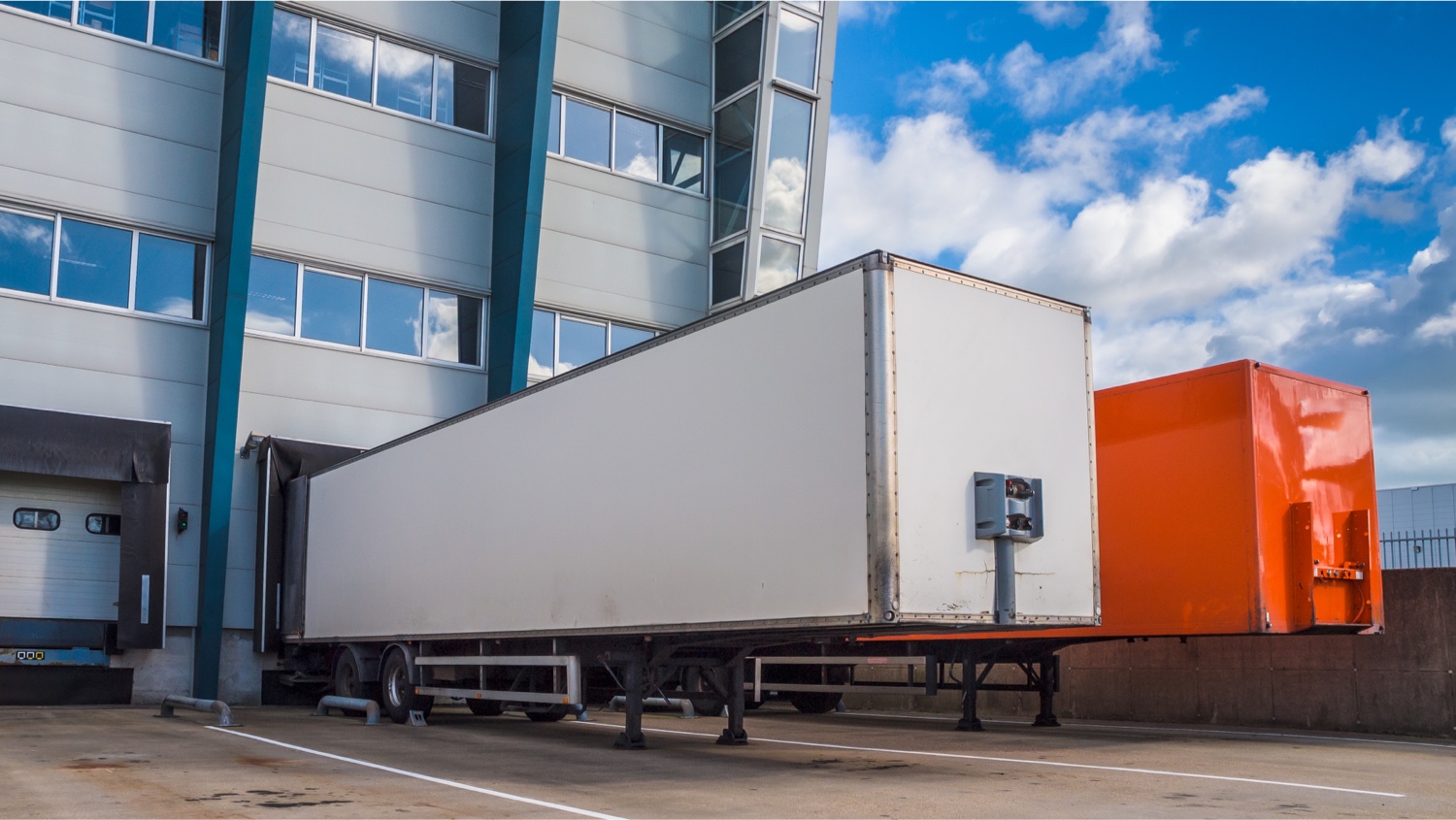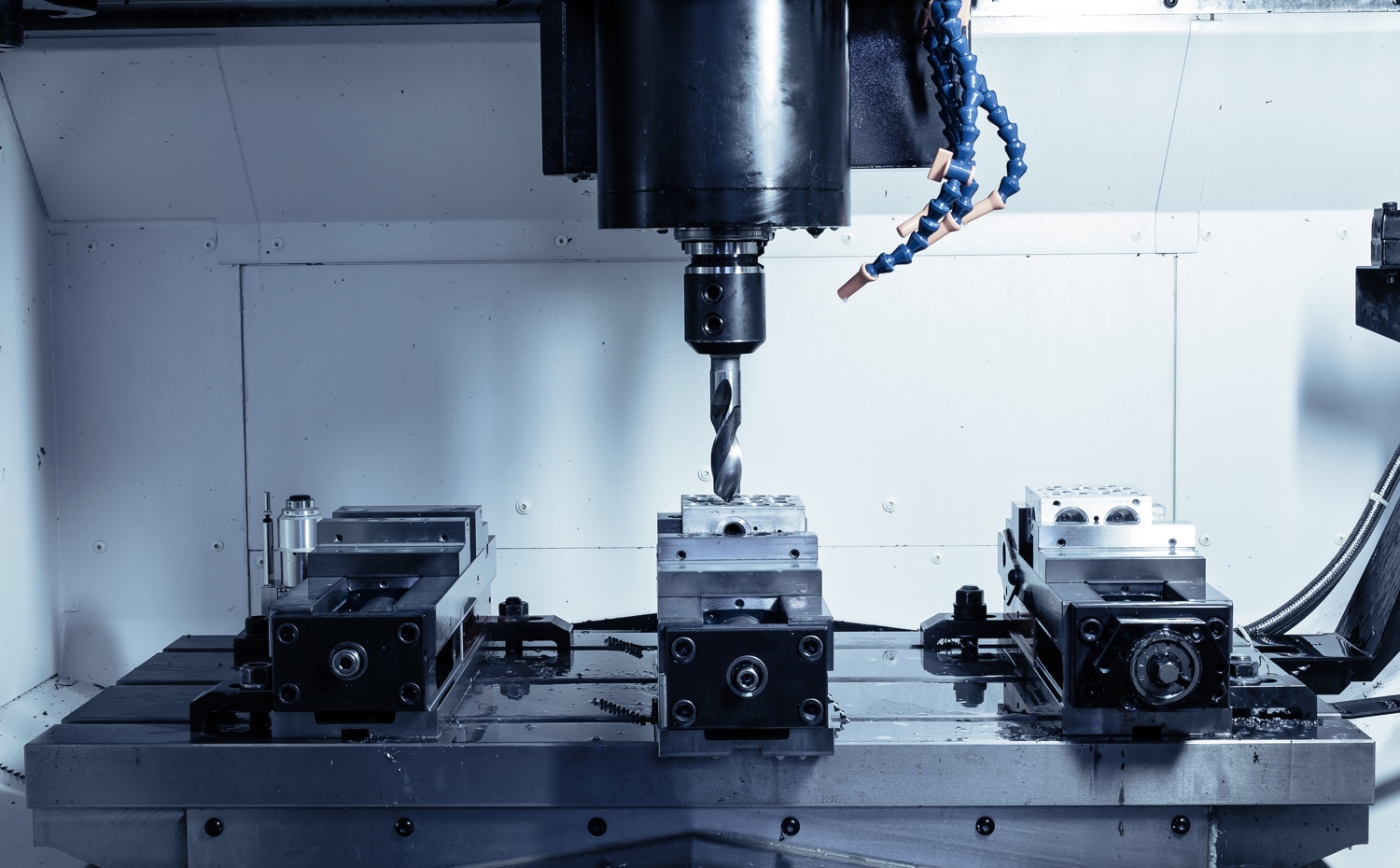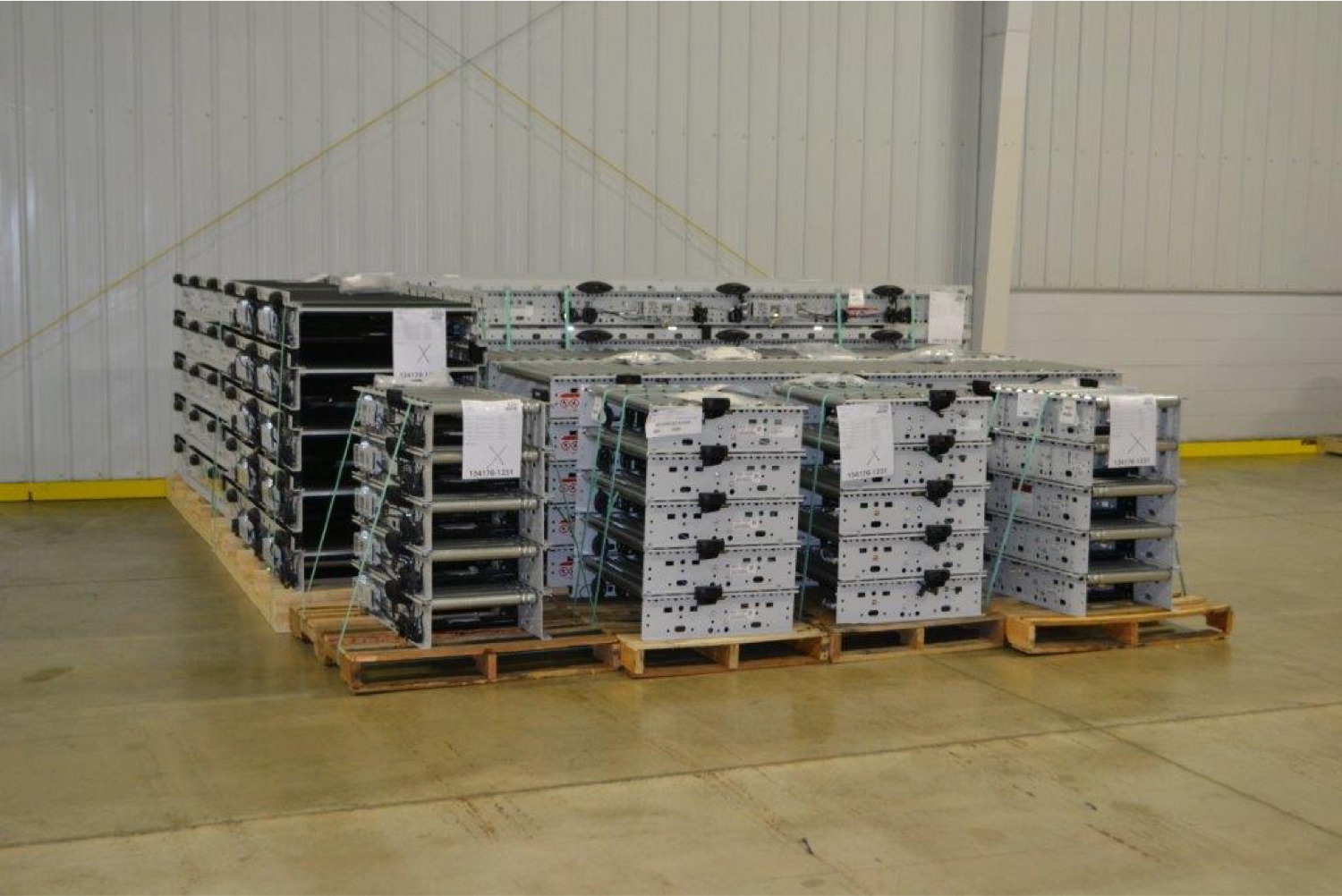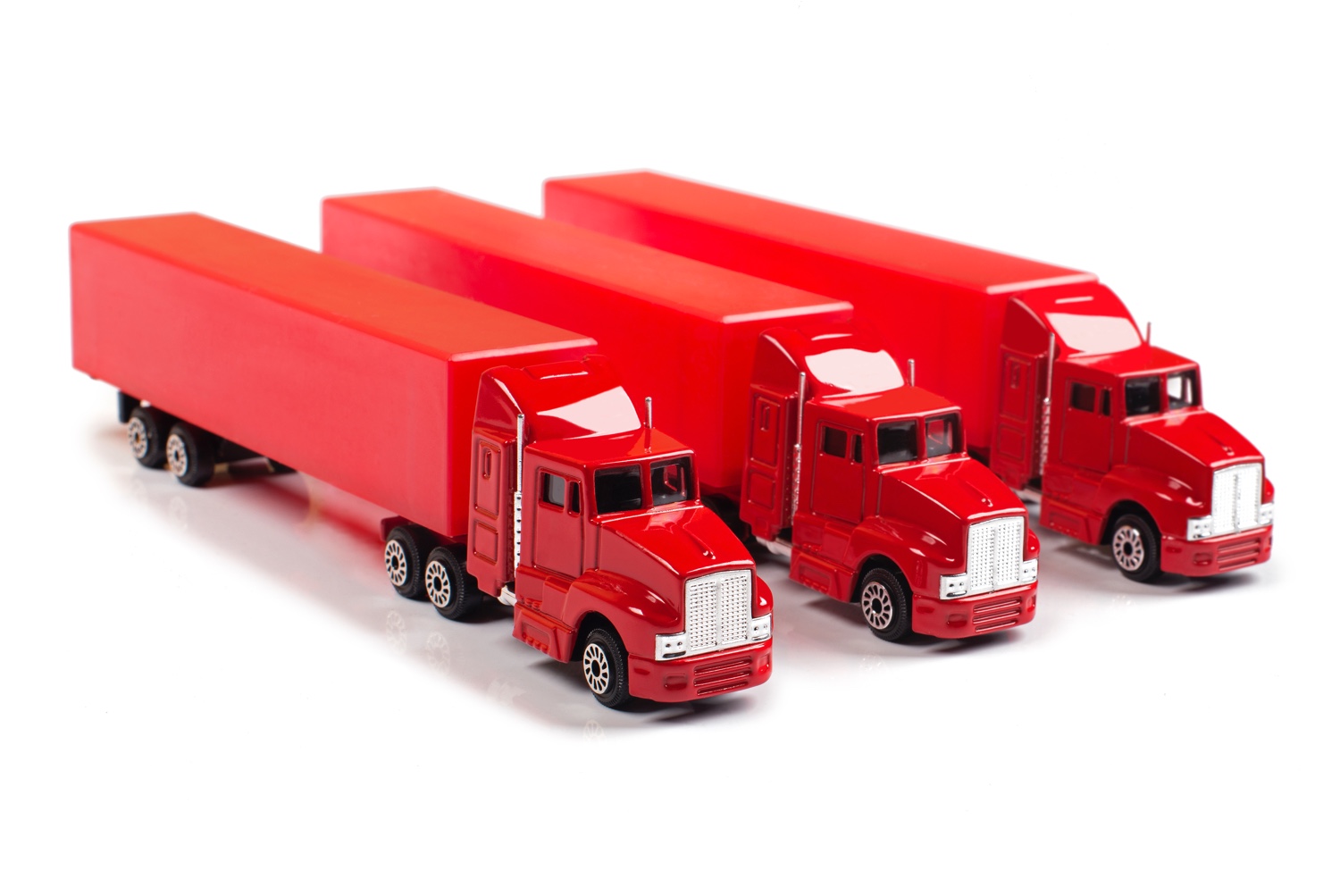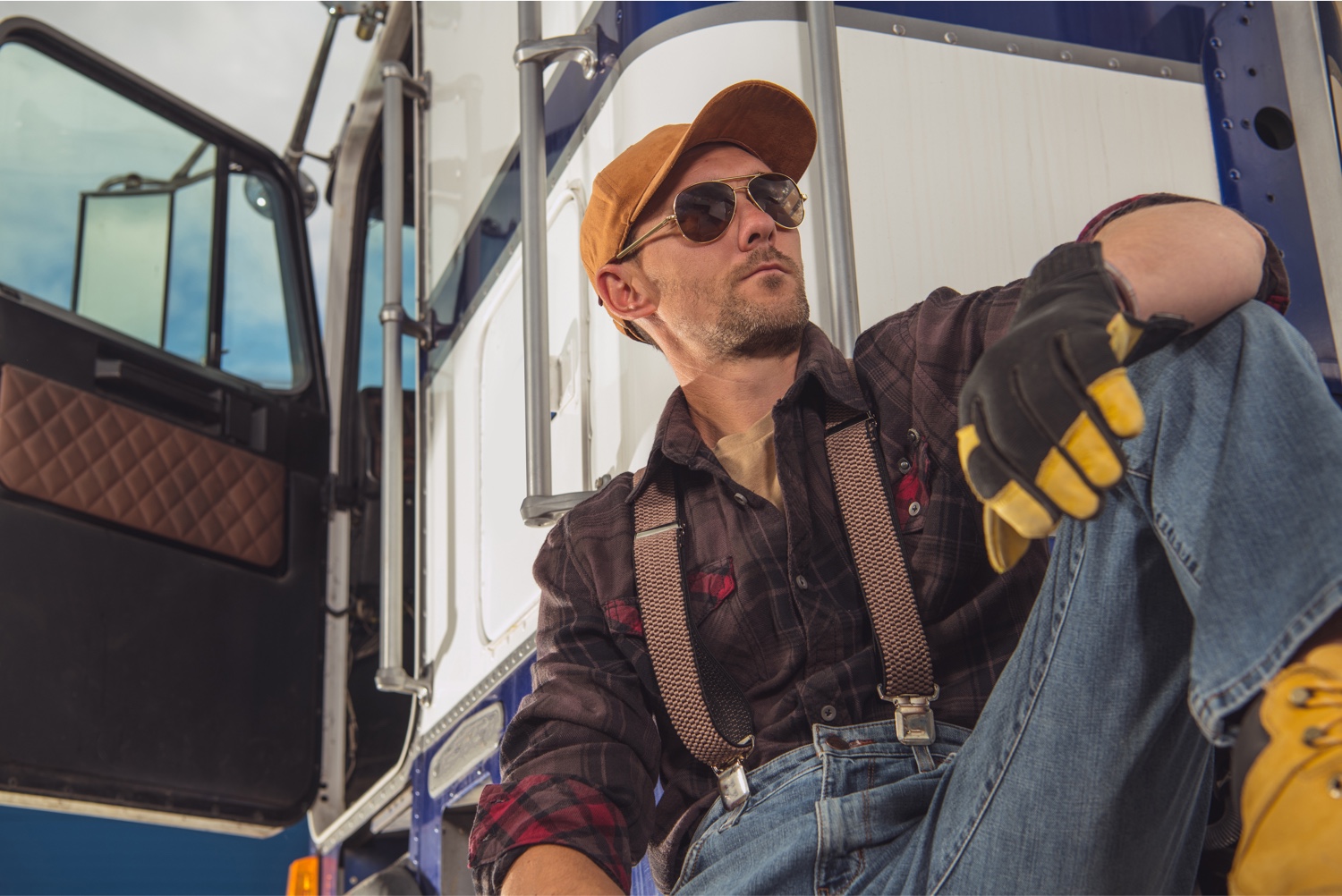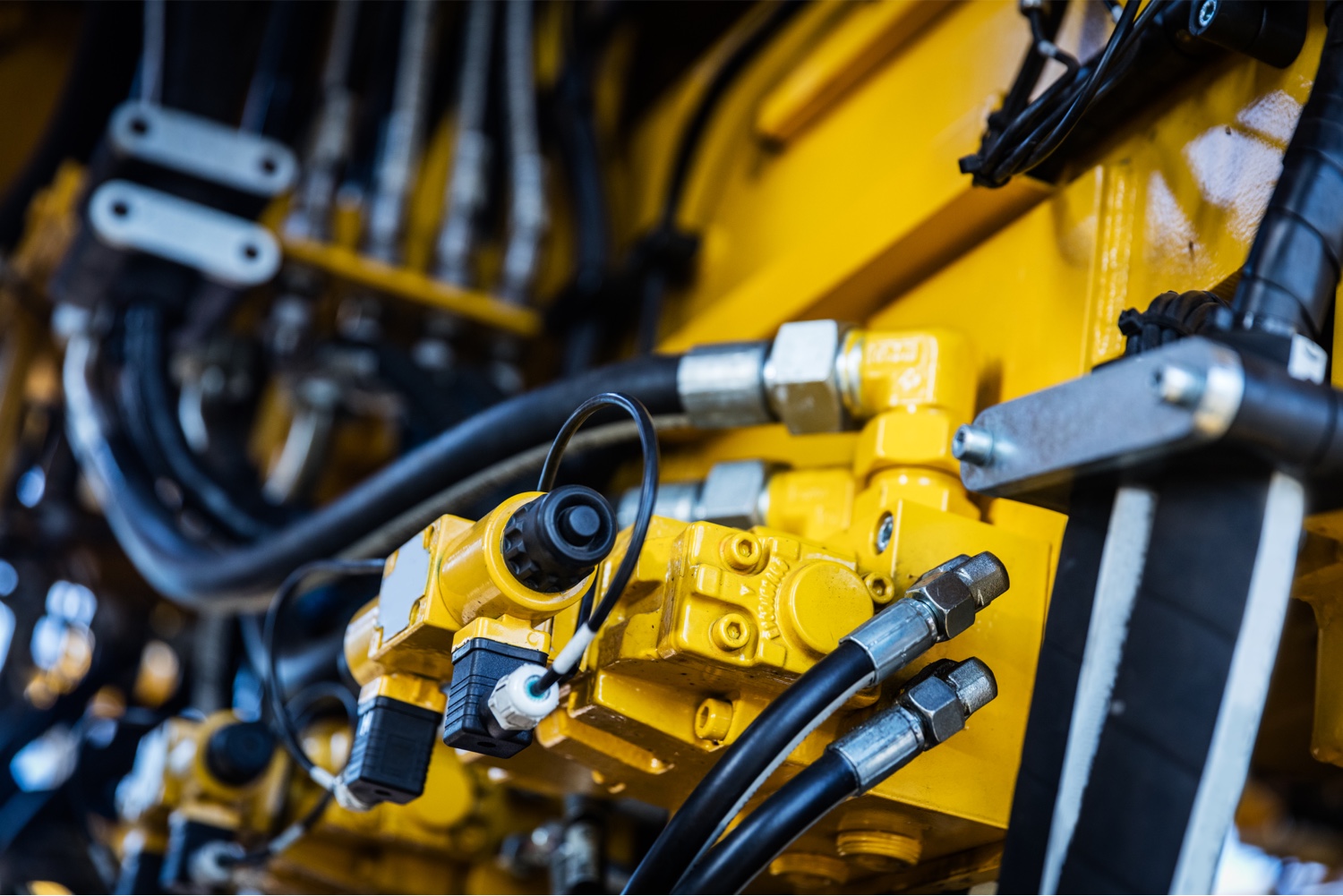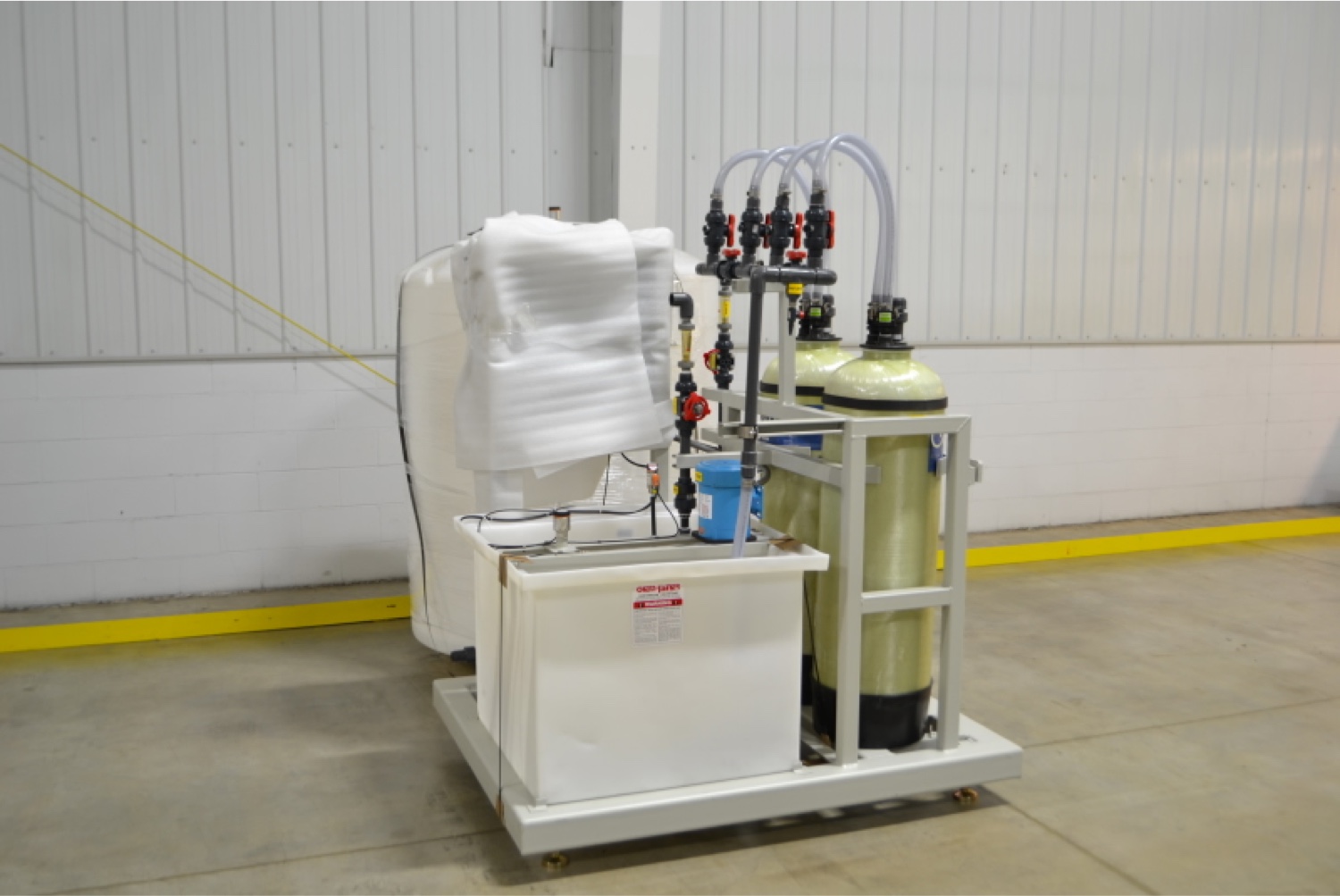It’s no secret that market rates for shipping have steadily increased. Due to increased production, harsh weather conditions and other effects on the market, carriers are having to adjust their pricing to accommodate these market forces. Yet while carriers are being inundated with shipment requests, shippers are finding that even though transportation costs keep rising, service levels are deteriorating. Shippers that don’t maintain any sort of relationship with their carriers are facing a falling level of service expectations, which only results in a lose-lose situation.
It is vital for carriers to provide a high level of service to their customers, providing guidance, ensuring shipments are delivered on time and communicating with their customers if anything goes wrong. What this trend shows is that when manufacturers only rely on the spot markets, they’re often found to be dealing with brokers that pair them with a company that sees the freight as “just another shipment.” Freight ends up damaged, claims need to be filed, and manufacturers have to produce replacements, all while dealing with a dissatisfied customer. It’s the all too familiar domino effect of cut-rate prices leading to cut-rate service and is not a viable long-term strategy,
As we’ve stated several times, the solution here is for manufacturers to build long-term, sustainable relationships with their carriers. These partnerships will allow both companies to provide an increased level of service to the stakeholders that get lost in these discussions on rates: the customer. Manufacturers who have partnered with their carriers have flourished through these challenging market conditions and have a much higher level of satisfaction both personally and with their customers. Once both sides go in with a partnership mindset, neither will be at the mercy of market forces.
At Zip Xpress, we understand the importance of service better than anyone. We work hard to ensure that every shipment will arrive on time and undamaged, and we provide our customers with the custom carrier solutions that will work for their business. Whenever a customer calls our offices, they’ll speak with a person who will help however they can, never with a machine. Our customers have a higher level of satisfaction than the average carrier, but that’s because we operate at a level where premium is the standard at Zip Xpress. To see for yourself, start today with Zip Xpress!


